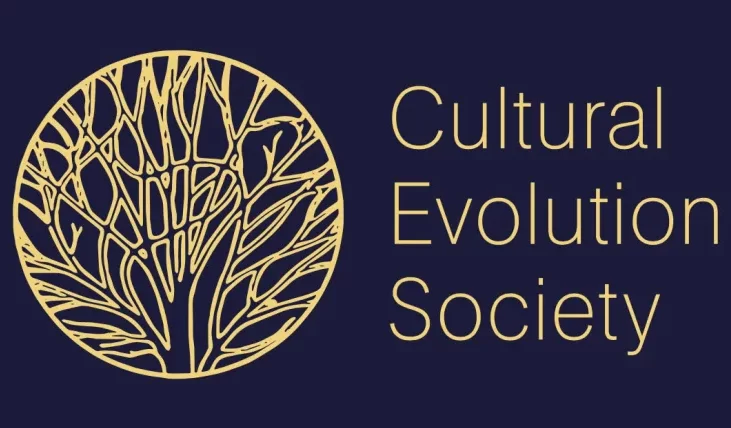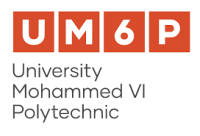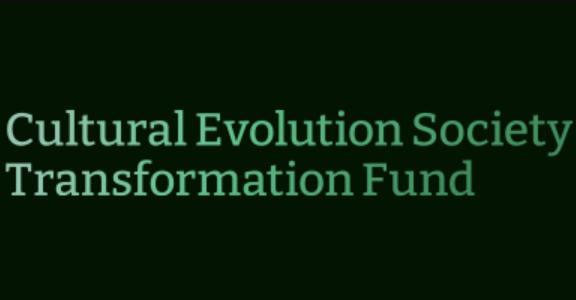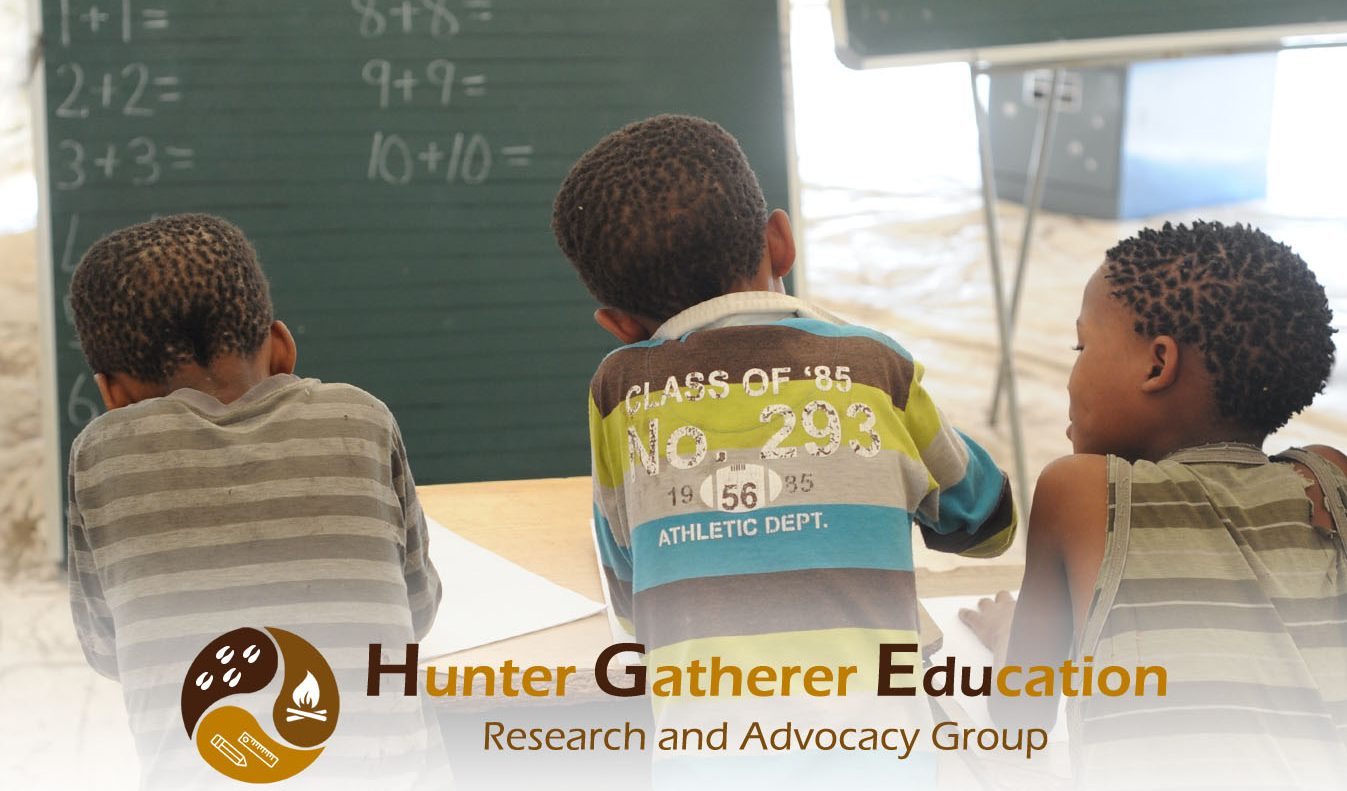Stay up to date with the Society.
Sign up to our newsletter
Our mission is to advance research into cultural evolution and its applications. We support all evolutionary approaches to the study of human and nonhuman animal culture.
Stay up to date with the Society.
Sign up to our newsletter

ABOUT US
Find out more about the Cultural Evolution Society, including who sits on the Executive Committee, our policies, and how to contact us.

CONFERENCES
The next Cultural Evolution Society conference will be held in 2026 in Rabat, Morocco.

GRANTS AND AWARDS
We run regular and one-off grant schemes as well as two awards: the Richerson Award for Outstanding Doctoral Thesis, and the CES New Investigator Award.

ABOUT US
Groups of CES members have come together to tackle real world issues

RESOURCES
Our Online Learning Series contains free lectures and hands-on tutorials to learn more about cultural evolution

JOBS
Submit job ads, and check out existing job ads, for cultural evolution positions
Membership is open to anyone with an interest in applying evolutionary theory to the understanding of human and nonhuman culture.
Help advance cultural evolution research and its applications
Websites by Alberon.
© 2026 Cultural Evolution Society